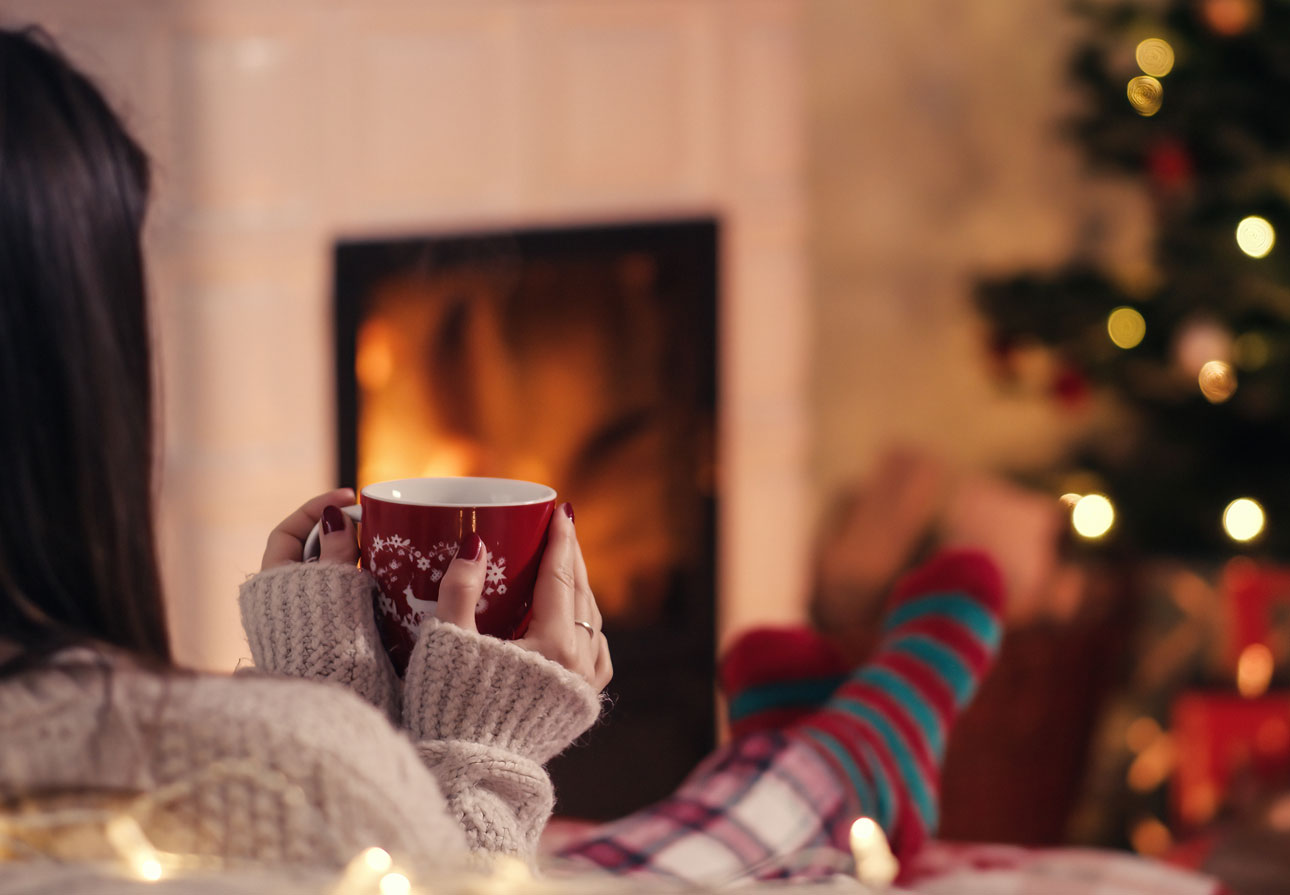
The Pitfalls of Payday Lending
If you’re struggling to pay back debt, online payday lending seems like a convenient option to get money fast without having to leave your house. However, you’ll end up paying for that convenience down the road with higher interest rates and additional fees that can make paying back debt even harder. Before applying for any type of loan, make sure you’re aware of all the options available to you so you can make the best choice.
What is a Payday Loan and How Does it Work?
A payday loan is a short-term loan that’s due on the borrower’s next payday. The borrower writes a post-dated check for the full amount, which includes the full loan amount and any fees. Failing to repay the full amount can lead to additional fees, which can create a cycle of debt that’s hard to break out of.
What are the Major Downsides of a Payday Loan?
Payday loans can seem appealing to those who lack other options like credit cards or checking accounts, have a lower credit score, or need cash as quickly as possible for emergencies. Before agreeing to anything, borrowers should be aware of the costs so they don’t take on any debt they can’t afford.
- Extremely High Interest Rates: Compared to other types of loans, payday loans carry some of the highest interest rates. Most states have passed laws, capping the interest rates between 24% and 39%, which is still higher than other loan options.
- Short Payoff Terms: Payment is due the next payday, which is much shorter than other loan types.
- The Payday Loan Debt Cycle: When the initial loan is not paid off, a pattern of repeat borrowing leads to an ever-increasing debt that leads to more borrowing.
- Additional Fees: Origination fees, paperwork and administrative fees. Some states regulate this, but the lender is still allowed to charge nearly as much in fees as they do interest. And if you fail to pay back the loan, you can incur rollover fees.
- Stress: All the fees, the debt cycle, and the short-term payback timelines can add a lot of stress to a person.
What are Some Alternatives to Getting a Payday Loan?
Personal Loans
For those with qualifying credit, personal loans carry lower interest rates when compared to payday loans. This makes it more affordable for borrowers to pay back. Personal loans are also unsecured loans, so they do not require any collateral or security.
Home Equity Line of Credit (HELOC)
HELOCs are a secured loan where you put the equity of your house up as collateral. Because the loan is backed by collateral, financial institutions may offer lower loan rates when compared to personal loans.
Credit Cards
If the borrower can qualify for a credit card, some financial institutions offer an introductory period of as low as 0% interest. Becoming a member of a credit union means having a credit card option with lower APRs and fees.
Payday Alternative Loans (PALs)
PALs are a type of payday loan that are offered by some federal credit unions as an alternative to those created by for-profit lenders. Depending on your needs, there are two types of PAL loans:
- PALs I – For loan amounts between $200 and $1,000, and repayment periods between one and six months.
- PALs II – For loan amounts up to $2,000, and repayment periods between one and twelve months.
These are regulated to have a maximum annual percentage rate (APR) of 28%, which can be lower than regular payday loans, and the loan terms are much longer. The borrower may need to be a credit union member for a period before the option becomes available. And borrowers can only have one PAL at a time.
Family & Friends
If no options are available from financial institutions, you can try asking family & friends for help. Especially if it’s an emergency. Be open and honest with them about what money you have coming in and what debts you owe.
Help Managing Debt
There are better choices when it comes to paying back debt. A payday loan puts you at risk of getting into a debt cycle and making things worse. If you’re not sure how to best manage your debt or just need some financial advice, contact Community First Credit Union. We’ll discuss options with you for managing debt and getting your finances under control.
More Debt Management Tips from Community First
- Examples of Good and Bad Debt
- How to Get Rid of Credit Card Debt
- How to Reduce Student Loan Debt
- How to Pay off Holiday Debt
- Loans Eligible for Debt Consolidation









